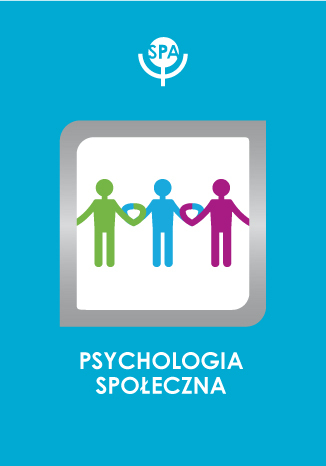Array
(
[id] => 485
[date] => 2019-03-15
[doi] =>
[title] => Eskalacja konfliktu interpersonalnego w perspektywie teoretycznej i empirycznej
[title_en] => ESCALATION OF THE INTERPERSONAL CONFLICT IN A THEORETICAL AND EMPIRICAL PERSPECTIVE
[authors] => Krystyna Balawajder
[abstract] => The subject of interest in this article is the escalation of interpersonal conflict and the contentious behaviors it is based upon, displayed by the participants in the conflict. In general, the escalation of conflict comes down to an exchange of growingly hostile behaviors, causing an increasing threat to the interest of both participants in such an interaction. As both parties expect the partner to increase hostile actions and apply stronger means of coercion, each on their own must act pugnacious. The sequence in which the tough escalation tactics are applied is as follows: from mild to increasingly stronger. The pleas appear first, then the objections and requests, critiques, threats, abusive treatment, and further on it might even come to physical aggression. The most frequently encountered explanations for the action of the conflict spiral apply to the interaction between the situation, behaviors, and internal states of the participants. Contentious behaviors are the answer to certain events in the circumstances, i. e. what the partner did (the situation). The perception of danger brought upon by the hostile actions of the other person, causes negative emotions, disadvantageous changes in the image of the partner and the desire for retaliation (the internal states). Therefore, the more threatening a behavior is to a given person, the more the more likely he or she is to undertake hostile actions (the behaviors). The results presented in the article concerning exactly those contentious behaviors show that retaliation, the motivation of power gain, and a retrospective orientation explain up to 43 percent of the changeability of the dependable variable, which are contentious behaviors. One can therefore conclude that the escalation of conflict is enhanced by a person with an aggressive disposition (retaliation), oriented by a need for power and concentrated on past events.
[abstract_en] => The subject of interest in this article is the escalation of interpersonal conflict and the contentious behaviors it is based upon, displayed by the participants in the conflict. In general, the escalation of conflict comes down to an exchange of growingly hostile behaviors, causing an increasing threat to the interest of both participants in such an interaction. As both parties expect the partner to increase hostile actions and apply stronger means of coercion, each on their own must act pugnacious. The sequence in which the tough escalation tactics are applied is as follows: from mild to increasingly stronger. The pleas appear first, then the objections and requests, critiques, threats, abusive treatment, and further on it might even come to physical aggression. The most frequently encountered explanations for the action of the conflict spiral apply to the interaction between the situation, behaviors, and internal states of the participants. Contentious behaviors are the answer to certain events in the circumstances, i. e. what the partner did (the situation). The perception of danger brought upon by the hostile actions of the other person, causes negative emotions, disadvantageous changes in the image of the partner and the desire for retaliation (the internal states). Therefore, the more threatening a behavior is to a given person, the more the more likely he or she is to undertake hostile actions (the behaviors). The results presented in the article concerning exactly those contentious behaviors show that retaliation, the motivation of power gain, and a retrospective orientation explain up to 43 percent of the changeability of the dependable variable, which are contentious behaviors. One can therefore conclude that the escalation of conflict is enhanced by a person with an aggressive disposition (retaliation), oriented by a need for power and concentrated on past events.
[keywords] => interpersonal conflict, conflict escalation. implications
[keywords_en] => interpersonal conflict, conflict escalation. implications
[file_path] => /files/articles/2010-16-eskalacja-konfliktu-interpersonalnego-w-perspektywie-teoretycznej-i-empirycznej.pdf
[okladka] => psychologia_spoleczna.jpg
[rocznik] => Rocznik: 2010 Tom: 16 Numer: 2
[strony] => 301-309
)










 Pobierz pełny tekst
Pobierz pełny tekst



